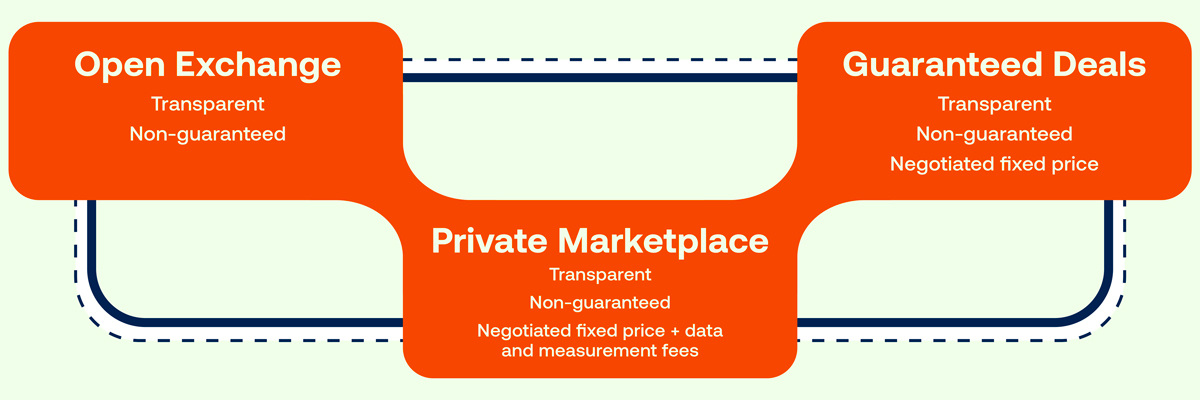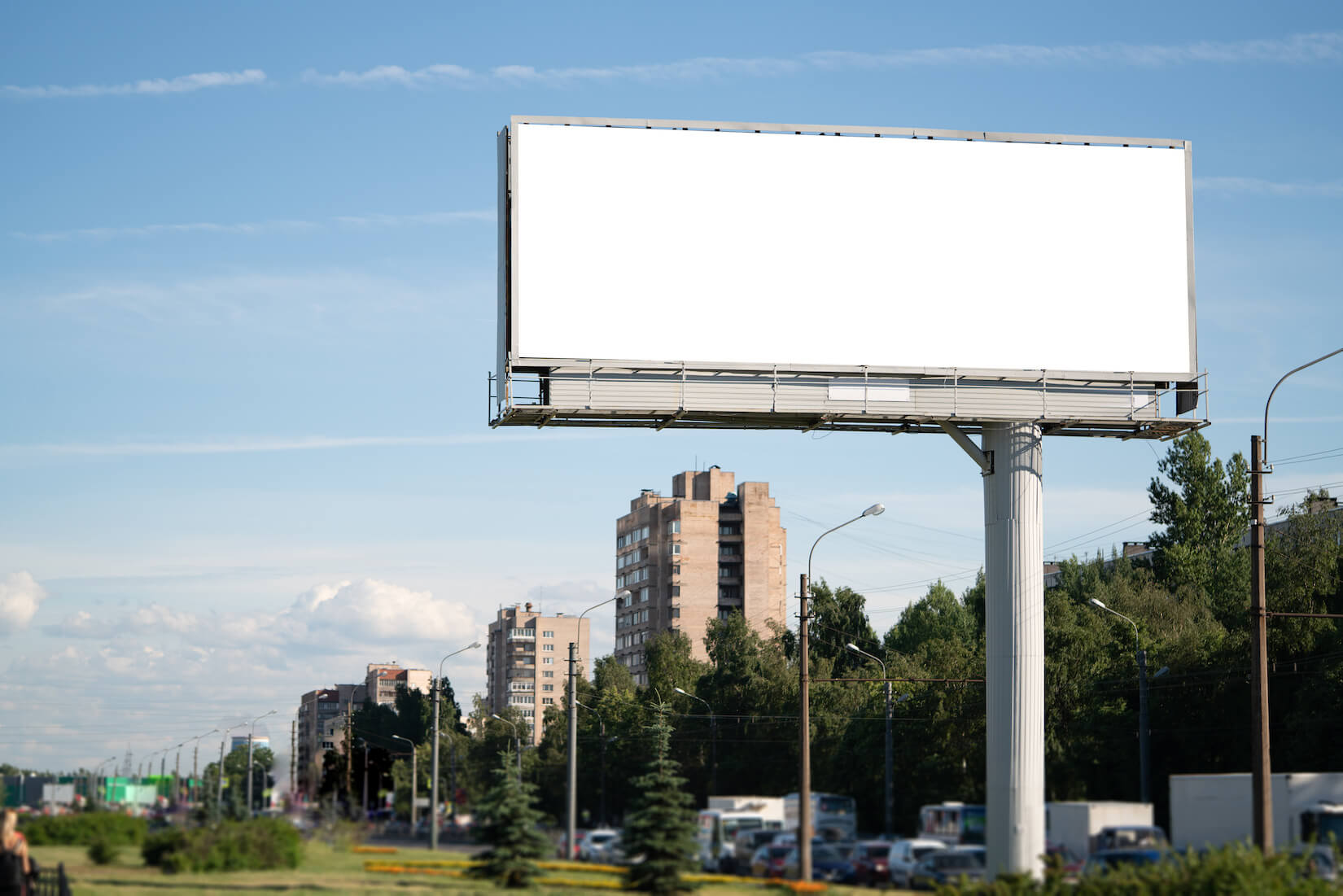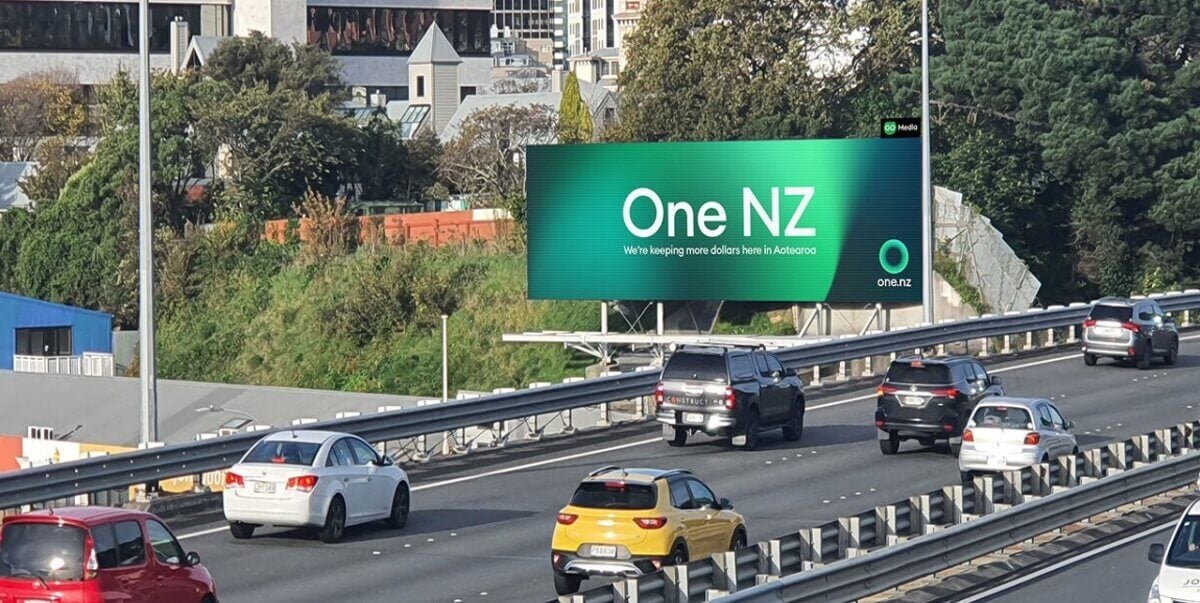
As the DOOH marketplace has grown and evolved, the means of transacting this powerful advertising medium have adapted to suit the needs of buyers and sellers. Across the industry, you will hear terms like open exchange or open auction, preferred or private marketplace (PMP) deals, and programmatic direct or guaranteed deals. To get media owners on track for success, we’ve broken down the three main ways you can sell your inventory through programmatic DOOH.
How to sell your inventory through programmatic DOOH
- Open Exchange: Transparent and non-guaranteed
- Private Marketplace: Transparent, non-guaranteed, negotiated fixed price or biddable + data and measurement fees
- Guaranteed Deals: transparent, guaranteed, negotiated fixed price
The two main transaction types in programmatic DOOH are open exchange and private marketplace deals (PMPs). Both of these transactions require a buyer to set up a campaign in a demand side platform (DSP).
Open exchange transactions versus private marketplace (PMP) deals
Open exchange transactions are the simplest to understand and require the least amount of work for media owners. In an open exchange buy, multiple buyers bid on the available inventory. Buyers leveraging an exchange are purchasing across many media owners at scale. The buyer sets up the campaign in their DSP of choice, and can bid on any inventory a media owner has chosen to sell programmatically. Assuming a media owner's integration is working as expected, the only thing the operator needs to do is approve any pending creatives as they appear in the SSP login.
A private marketplace transaction (PMP) is a fixed price or biddable auction where the publisher curates specific inventory and makes it available to buyers. A buyer knows what media owners they are partnering with and sellers can negotiate a custom deal at a fixed price. These deals are curated with venue-driven targeting in mind, so inventory is transparent, but supply is not guaranteed. Generating revenue from PMPs requires sales effort on your part, but can secure a dedicated portion of the overall campaign budget for your inventory. In return, you are providing prioritized, transparent access to your inventory.
What about guaranteed deals?
Unlike open exchange deals and PMPs, a guaranteed deal is a direct transaction between a buyer and seller. Guaranteed deals differ from PMPs because the exact inventory and price are both negotiated and guaranteed. These deals are often used for unique activations, such as 100% share-of-voice takeovers or custom experiences.
Learn more about Vistar’s unified ad server, this first-to-market solution that combines traditional ad scheduling and programmatic advertising in one, central platform.
So is one transaction type better than the others? Not necessarily.
PMP transactions allow the buyer to cherry pick where they want to buy so it enables media owners to charge a higher rate. Just like a direct deal, buyers need to pay a premium for preferred inventory. Some new buyers also feel more comfortable buying through a PMP since they know exactly where their campaign will run. On the other hand, open exchange transactions give you the opportunity to gain revenue from net new advertisers and because Vistar’s exchange is transparent, a buyer can see what screens their campaign ran on and be introduced to the value of a media owner’s network.
To maximize inventory revenue, a media owner needs the right strategies and tools to accommodate all three transaction types (open exchange, private marketplace and guaranteed deals). Vistar Media’s DOOH platforms were created to do just that. It allows media owners the ability to use automation, programmatic technology, and a comprehensive CMS for the best return on investment. For more information, learn about Vistar Media’s enterprise solution.


